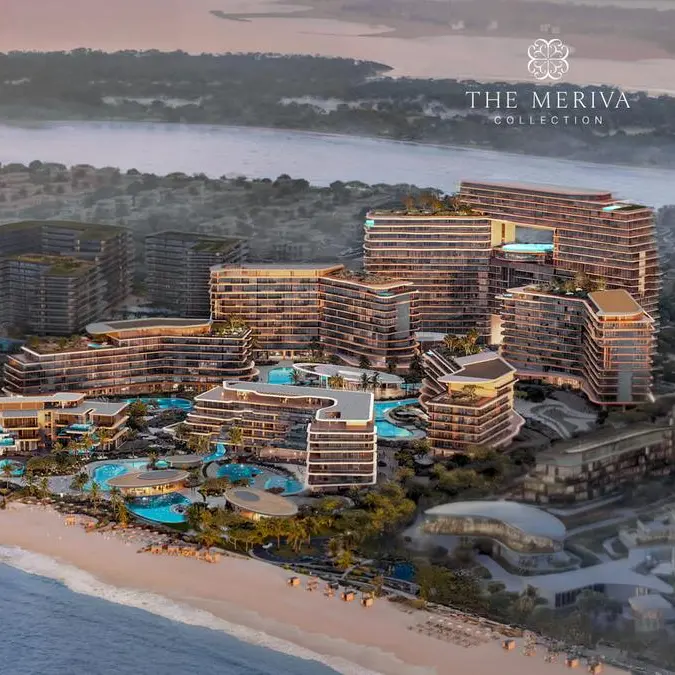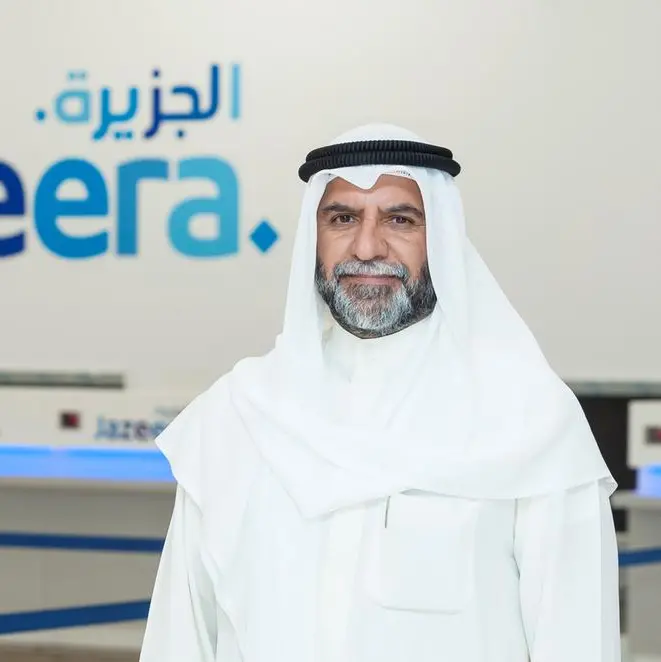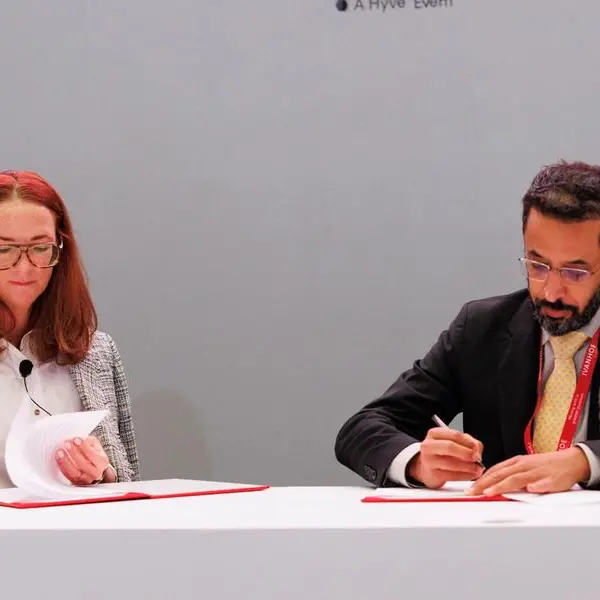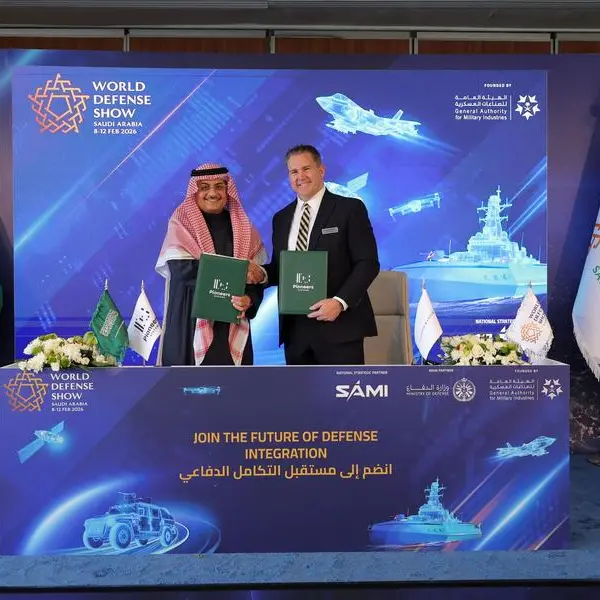More than four fifths (82%) of UAE companies expect to grow over the next two years, as the twin engines of Expo 2020 and their own aggressive investment plans drive new business, according to research by HSBC.
The boost in business confidence makes the UAE one of the world’s most optimistic markets for growth globally, behind only Indonesia, India, China, and Mexico, according to ‘Navigator: Made for the Future’, a new HSBC study of over 2,500 companies in 14 countries and territories.
Commenting on the results, Mike Davis, Head of Commercial Banking, HSBC UAE said: “Expo 2020 remains the overriding factor resulting in such strong confidence for growth. With an estimated 190 nations participating and more than 25 million visits to Expo 2020 expected, businesses are seeing how this international event has the potential to connect companies across the globe. It will be a catalyst to even greater growth opportunities.”
UAE businesses intend to pursue aggressive investment plans to drive growth in the medium-term, ‘Navigator: Made for the Future’ finds. Almost two-thirds plan to increase investment by more than 5% with the majority focusing on upskilling staff (56%). 78% believe the mix of skills and diversity in their workforce will change in their business in the medium-term.
Innovation also remains at the forefront of achieving growth. Despite 37% of UAE businesses identifying cost as a barrier, 86% of UAE businesses expect technology to change. The internet of things (68%), 5G (66%) and Artificial Intelligence (63%) are viewed as the greatest opportunities to facilitate increased speed to market, business transparency, improved productivity and enhanced customer experience.
Investing in people and seeking opportunity through innovation enables businesses to become more efficient, more customer-centric and greener. The desire to operate in a more eco-friendly future is clear. Over a third of UAE businesses intend to increase investment in sustainability, out of which 60% intend to achieve this by more than 5%. Some businesses plan to improve product manufacturing, upgrade plants/premises or equipment. Others will focus on investing in sustainability practices.
“It is exciting that an increasing number of businesses are also putting sustainable practice at the centre of their growth strategy. While the survey data shows that many plan to increase investment in this area, we are also seeing a number of businesses take advantage of alternative ways to become more sustainable. In addition, as younger generations come into the workforce, they bring with them an imprinted recognition of the importance of ongoing sustainability. Businesses are fast recognising that this is a critical component to be able to recruit and retain new talent” Mike concluded.
Interviews for the ‘Navigator: Made for the Future’ survey were conducted in the UAE, Australia, Canada, mainland China, France, Germany, Hong Kong, India, Indonesia, Malaysia, Mexico, Singapore, the UK and the USA in May 2019.
-Ends-
Media enquiries to:
Saadia McGlinchey
+971 56 682 9274
saadia.mcglinchey@hsbc.com
About Navigator: Made for the future
HSBC’s ‘Navigator: Made for the future‘ report is based on research commissioned by HSBC and conducted by Kantar. It surveyed over 2,500 businesses in May 2019 with turnover of USD5m or above from 14 key markets globally, including: Australia, Canada, mainland China, France, Germany, Hong Kong, India, Indonesia, Malaysia, Mexico, Singapore, UAE, UK, USA.
Survey respondents were key decision makers and those having significant input into the decision making of their company’s strategic direction. The survey gauges sentiment and expectations of the businesses in the near to midterm future, and covers business outlook, future of business in terms of opportunities & threats, investment priorities and changes foreseen in the future; as well as business innovation and workforce, sustainability and success factor for the future.
HSBC in the MENAT region
HSBC is the largest and most widely represented international banking organisation in the Middle East, North Africa and Turkey (MENAT), with a presence in 9 countries across the region. HSBC has operations in the United Arab Emirates, Egypt, Turkey, Qatar, Oman, Bahrain, Kuwait and Algeria. In Saudi Arabia, HSBC is a 29.2% shareholder of Saudi British Bank (SABB), and a 49% shareholder of HSBC Saudi Arabia for investment banking in the Kingdom.
This presence, the widest reach of any international bank in the region, comprises some 350 offices and around 10,500 employees. In the year ending 31st December 2018, HSBC in the MENAT region made a profit before tax of US$ 1.557bn.
© Press Release 2019Disclaimer: The contents of this press release was provided from an external third party provider. This website is not responsible for, and does not control, such external content. This content is provided on an “as is” and “as available” basis and has not been edited in any way. Neither this website nor our affiliates guarantee the accuracy of or endorse the views or opinions expressed in this press release.
The press release is provided for informational purposes only. The content does not provide tax, legal or investment advice or opinion regarding the suitability, value or profitability of any particular security, portfolio or investment strategy. Neither this website nor our affiliates shall be liable for any errors or inaccuracies in the content, or for any actions taken by you in reliance thereon. You expressly agree that your use of the information within this article is at your sole risk.
To the fullest extent permitted by applicable law, this website, its parent company, its subsidiaries, its affiliates and the respective shareholders, directors, officers, employees, agents, advertisers, content providers and licensors will not be liable (jointly or severally) to you for any direct, indirect, consequential, special, incidental, punitive or exemplary damages, including without limitation, lost profits, lost savings and lost revenues, whether in negligence, tort, contract or any other theory of liability, even if the parties have been advised of the possibility or could have foreseen any such damages.



















